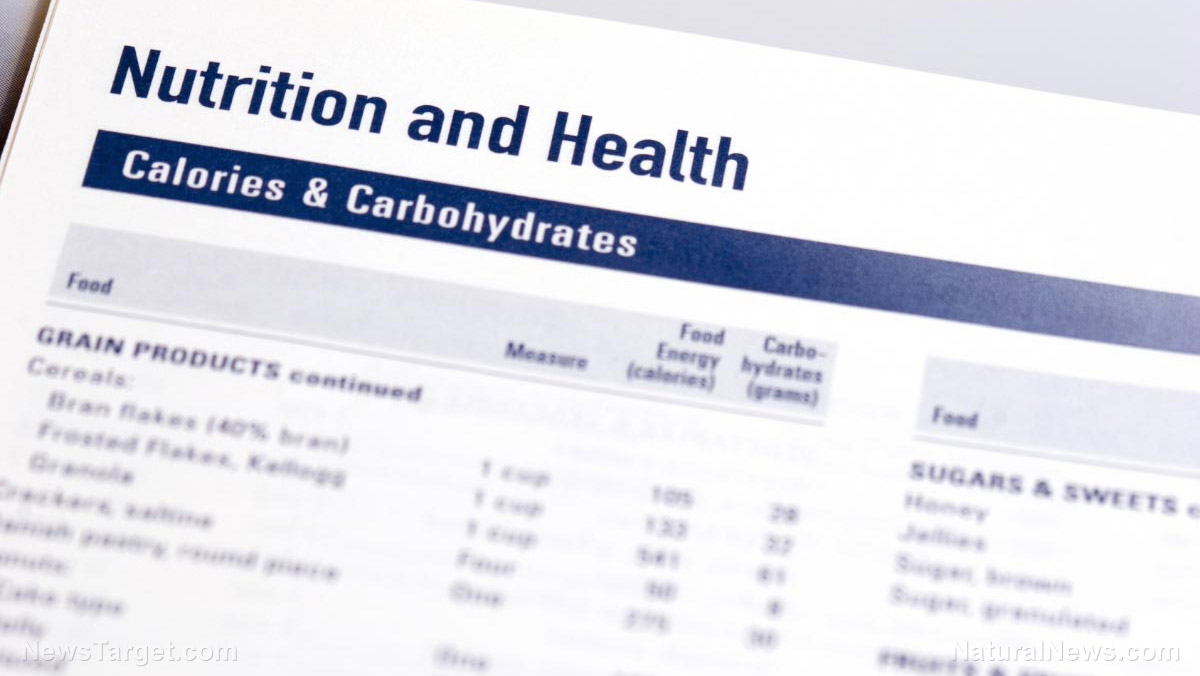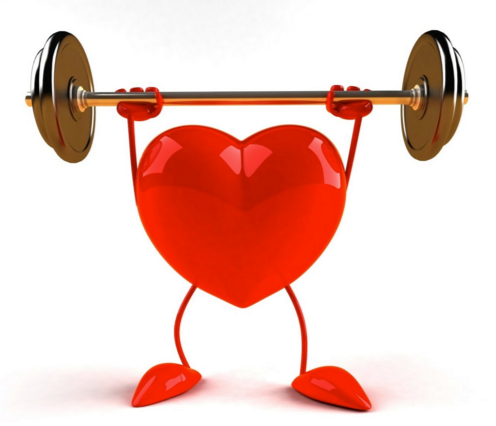A recipe for disaster: Skipping breakfast and eating late dinners linked to poorer outcomes after a heart attack
11/05/2019 / By Edsel Cook

People who don’t eat in the morning are likely to have health issues. The same goes for those who take their dinner shortly before sleeping. And if a person follows both of the ill-advised eating habits, he may be four to five times more likely to experience severe complications following a heart attack.
Brazilian researchers learned that heart attack survivors who skipped breakfast and also ate late dinners proved more vulnerable to chest pain, a new myocardial infarction (the medical term for a heart attack), or death. The complications took place within 30 days after the patient got discharged from the hospital following recovery from the initial heart attack.
Their study paved the way for future examination of unhealthy eating patterns in patients with acute coronary syndromes. (Related: Breakfast is a meal, not a time frame: Researchers consider the pros and cons of eating your first meal early in the day.)
Skipping breakfast and eating dinner right before sleeping is bad for the heart
The São Paolo State University (UNESP) researchers found that 58 percent of their participants skipped breakfast, while 51 percent ate dinner late in the night. Around 41 percent of the sample population practiced both unhealthy eating behaviors.
Their study covered patients with ST-segment elevation myocardial infarction (STEMI). This form of heart attack is particularly dangerous since the reduced blood supply to the organ causes part of the heart muscle to die.
UNESP researcher Dr. Marcos Minicucci led the team and authored the research paper. He brought up the grisly fact that one out of every 10 STEMI patients died within a year after diagnosis.
To help prevent health complications after a heart attack, Minicucci recommended eating a light dinner at least two hours before going to bed. He also recommended eating a filling breakfast.
“It is said that the best way to live is to breakfast like a king,” Minicucch advised in a statement. He recommended eating meals that should make up 15 to 35 percent of the total daily calorie intake – foods like yogurt, whole wheat bread, bagels, cereals, and whole fruits.
Protect your heart by avoiding poor eating habits
His team investigated 113 STEMI patients with an average age of 60 years. Upon entry into a coronary intensive care unit, the patients were quizzed on their eating behavior.
In the survey, “skipping breakfast” encompassed avoiding any food before lunch for at least thrice a week. Meanwhile, “late-night dinner eating” involved a meal within two hours before bedtime for at least three times weekly.
Miniccuci explained that his team didn’t define late-night dinner eating based on the timing of the meal. Rather, they looked at the time interval between dinner and sleeping.
However, he noted that almost all participants who followed this eating behavior also ate late into the night.
Earlier research found links between unhealthy eating patterns and other poor habits. Participants who skipped breakfast and ate dinner right before going to sleep also avoided physical activity and were smokers.
“Our research shows that the two eating behaviours are independently linked with poorer outcomes after a heart attack, but having a cluster of bad habits will only make things worse,” said Minicucci. “People who work late may be particularly susceptible to having a late supper and then not being hungry in the morning.”
He also believed that unhealthy eating behaviors might contribute to several symptoms and factors of cardiovascular disease. Skipping breakfast and eating late dinners might affect endothelial function and trigger both inflammatory responses and oxidative stress.
Sources include:
Tagged Under: angina, diet, dinner, eating habits, heart attack, heart health, late dinners, meal times, myocardial infarction, skipping breakfast, skipping meals
RECENT NEWS & ARTICLES
COPYRIGHT © 2017 HEART NEWS




















